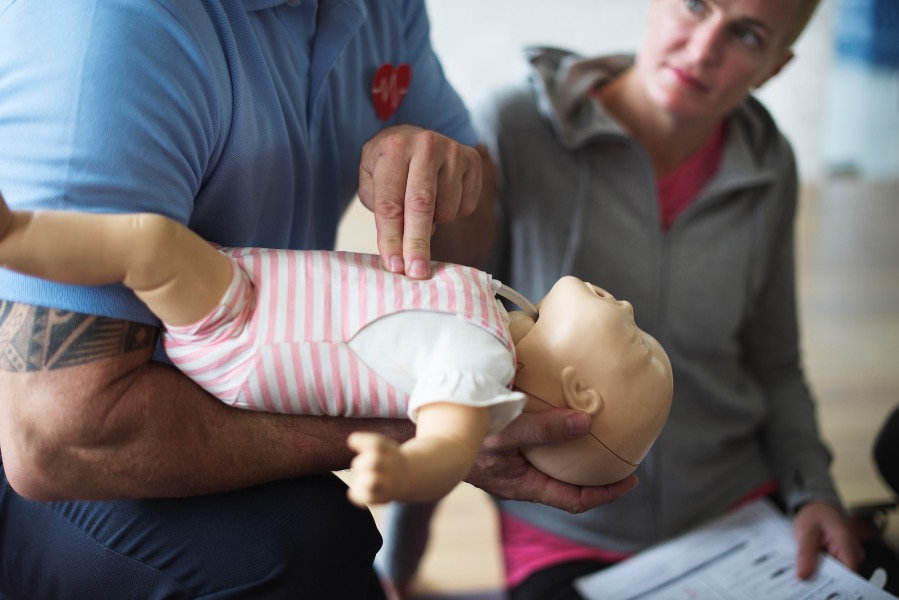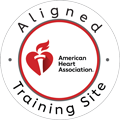Pediatric emergency care is a specialized field that demands a unique set of skills and knowledge. Children are not simply smaller adults; their anatomy and physiology are distinct, requiring healthcare professionals to approach emergencies with tailored techniques and strategies. Pediatric Advanced Life Support (PALS) certification is a critical training program designed to equip professionals with the expertise needed to manage life-threatening situations in children. Mastering pediatric advanced life support through PALS certification is not only vital for healthcare professionals but also has a direct impact on the survival and well-being of pediatric patients.

Understanding PALS Certification
PALS certification is a comprehensive training program that focuses on the critical skills required to manage pediatric emergencies. The certification process involves a combination of theoretical coursework, practical training, and assessment. To be eligible for PALS certification, participants typically need a background in healthcare, such as doctors, nurses, paramedics, and other medical professionals who work with children. The coursework covers a range of topics, including advanced airway management, pediatric pharmacology, and specific resuscitation techniques tailored to the unique physiology of children. Practical training sessions provide hands-on experience in simulated scenarios, allowing participants to practice their skills in a controlled environment.
The Significance of Pediatric Advanced Life Support
Pediatric emergencies pose unique challenges that set them apart from adult emergencies. Children have different anatomy and physiology, which affects how they respond to medical interventions. Their smaller airways, faster heart rates, and varying levels of development require healthcare professionals to adapt their approaches accordingly. Additionally, pediatric patients often require specialized equipment and medications, adding another layer of complexity. Effective pediatric resuscitation demands a deep understanding of these nuances, which is why PALS certification is so important.
The Benefits of PALS Certification
The benefits of PALS certification are manifold. Firstly, it provides healthcare professionals with enhanced knowledge and practical skills specific to pediatric emergencies. Participants learn how to recognize and manage a wide range of conditions, from respiratory distress and shock to cardiac arrest. Proficiency in lifesaving techniques and interventions is a key focus, ensuring that PALS-certified professionals are prepared to act swiftly and accurately. Furthermore, effective team dynamics and communication are integral to successful resuscitation, and PALS training emphasizes these elements to ensure cohesive teamwork during high-stress situations.
Improved patient outcomes are another significant advantage of PALS certification. Studies have shown that healthcare professionals trained in PALS are more likely to achieve higher survival rates in pediatric emergencies. The specialized skills and knowledge gained through PALS training lead to reduced complications and long-term effects for pediatric patients. By mastering advanced life support techniques, healthcare professionals can make a tangible difference in the lives of children and their families.
PALS certification also offers benefits for professional development and career advancement. Having a PALS certification on your resume demonstrates credibility and expertise in pediatric care, garnering recognition within the healthcare field. This certification can open doors to expanded job opportunities, particularly in emergency departments, pediatric units, and other specialized areas. Moreover, it serves as a stepping stone for further career growth, allowing healthcare professionals to pursue advanced roles and leadership positions.
Call Us Now
Get the Best CPR Class in Indianapolis Today!
Maintaining PALS Certification
Maintaining PALS certification is essential for ensuring continuous competence in pediatric advanced life support. The renewal process typically requires re-certification every two years, with participants completing refresher courses and practical assessments to keep their skills up to date. Continuous education and skill reinforcement are crucial, as guidelines and best practices in pediatric care evolve. Staying informed about the latest developments in the field ensures that PALS-certified professionals remain at the forefront of pediatric emergency care.
PALS certification is a cornerstone for healthcare professionals dedicated to providing top-notch care in pediatric emergencies. The specialized training and hands-on experience gained through PALS certification contribute to improved patient outcomes and enhanced career prospects. Healthcare professionals are encouraged to prioritize PALS training to ensure they are equipped to handle the unique challenges of pediatric resuscitation. The impact of mastering pediatric advanced life support extends beyond individual careers—it has a lasting, lifesaving effect on the lives of children and their families. If you work in a field where pediatric emergencies are a possibility, don’t hesitate to pursue PALS certification. It could be the most important step you take in mastering the art of saving lives.
Conclusion
In mastering Pediatric Advanced Life Support (PALS), we equip ourselves with invaluable skills crucial for saving young lives in critical situations. The significance of PALS certification cannot be overstated, as it ensures healthcare providers possess the knowledge and proficiency needed to respond effectively to pediatric emergencies. Through rigorous training and practical experience, certified individuals become capable guardians of children’s well-being, capable of swift and confident action when every second counts.
As we’ve explored the importance of PALS certification, it’s clear that the benefits extend far beyond individual competence. By enrolling in PALS certification courses, healthcare professionals not only enhance their abilities but also contribute to a safer and more secure environment for our youngest and most vulnerable patients. Every certification obtained is a commitment to excellence in pediatric care, reinforcing the collective resilience of our healthcare community.
Join us in prioritizing pediatric emergency preparedness by enrolling in your PALS certification course today. In CPR Indianapolis, we offer comprehensive training programs designed to equip healthcare providers with the skills necessary to navigate critical pediatric scenarios with confidence and competence. Whether you’re a seasoned practitioner or new to the field, our courses cater to all levels of expertise, ensuring that every participant emerges as a capable and certified PALS provider.
Don’t wait for an emergency to realize the importance of PALS certification. Take proactive steps towards readiness and join us in safeguarding the well-being of our youngest patients. Enroll now in CPR certification Indianapolis and PALS certification Indianapolis courses, and together, let’s make a difference in pediatric care. Your dedication could be the lifeline a child desperately needs.


